|
Documentary is an ardent appeal to conscience in the midst of Europe's refugee crisis At the age of 80 Oscar-winning actress Vanessa Redgrave has become a director for the first time. Her outrage over the response of Britain and other European countries to the refugee crisis on the continent compelled her to add filmmaker to her resume. Redgrave's documentary Sea Sorrow, a cri de coeur over the plight of displaced peoples fleeing to Europe in desperation, premiered at the Cannes Film Festival Thursday night. The director attended along with her son Carlo Nero, who produced the film. They were joined by one of the key voices in the film, Alfred, Lord Dubs, a Labourite with a passion for refugee issues that rivals Redgrave's. C'est une femme de combat et c'est une femme de conviction et d'engagement. (She is a woman of fighting spirit, a woman of conviction and political engagement). Cannes Film Festival director Thierry Frémaux introduced the group before the screening at the Salle du Soixantiéme, next to the Grand Palais. He saluted Redgrave as a woman of "conviction and political engagement." Frémaux said Cannes programmers were stunned by the documentary, adding "the film stayed with us a long time after we saw it. Tonight you'll see why." The title "Sea Sorrow" comes from Shakespeare's The Tempest, in a speech by Prospero to his daughter Miranda in which he explains how they came to be moored on an island after they were cast out of their homeland on a raft. Sit still, and hear the last of our sea-sorrow. In the documentary Ralph Fiennes performs the lines, a directorial choice meant, of course, to prick the conscience of observers who might otherwise remain indifferent to the migrant crisis. Sea sorrows have engulfed tens of thousands setting off from North Africa and elsewhere on rafts and rickety boats, with many thousands perishing in the Mediterranean. The use of a scene from Shakespeare is but one of many unusual and imaginative editorial choices made by Redgrave. She also draws on archival material including a speech from Eleanor Roosevelt hailing the United Nation's approval of the Universal Declaration of the Human Rights, a document that ostensibly would seem to mandate action by world governments on behalf of vulnerable refugees. Redgrave also recounts her own experience as a girl during World War II when as a result of the German blitz she and other children were evacuated from London -- "internally displaced," as she notes in the film. She said that early experience marked her and made her sensitive throughout her life to the trauma endured by refugees. Some critics in Cannes have called the documentary unfocused, but none have questioned the sincerity of Redgrave's purpose. At the premiere she spoke in a soft voice (in French and English), thanking her filmmaking team and Lord Dubs, one of the moral bulwarks advocating for refugee rights. "He's a Lord, but he'd rather I didn't say so. He's a wonderful Lord, what Lords should be," Redgrave said of Dubs. "He's like a Lancelot." For his part, Lord Dubs spoke of goals for Sea Sorrow. "If as a result of the film being shown here and it is then shown more widely that would be a great success. If the wider showing of the film influences politicians -- but above all, ordinary people, public opinion -- that will be the success we want," he stated. "I think Europe is failing the challenges and if this film results in one life being saved the film will have been a success. So that is the aim." Carlo Nero, Redgrave's son by her husband Franco Nero, thanked his mother from the stage before the screening began.
"Notre collaboration, notre travail ensemble, était vraiment pour moi extraordinaire. Je te remercie beaucoup pour ça. (Our collaboration, our work together, for me was really extraordinary. I thank you a lot for that)." |
AuthorMatthew Carey is a documentary filmmaker and journalist. His work has appeared on Deadline.com, CNN, CNN.com, TheWrap.com, NBCNews.com and in Documentary magazine. |
- Home
- News
- Videos
-
Galleries
- 2019 Tribeca Film Festival
- Full Frame Documentary Film Festival
- 2019 SXSW Film Festival
- SXSW 2018 Gallery
- 2019 Sundance Film Festival
- Outfest 2018 Photo Gallery
- Outfest 2017
- Sundance 2018 Photos
- 2017 LA Film Festival
- 2017 Cannes Film Festival
- Tribeca Film Festival 2017
- SXSW 2017 Gallery
- 2017 Berlin Film Festival
- Sundance 2017 Gallery
- 2016 Los Angeles Film Festival
- Cannes Film Festival 2016
- SXSW 2016 Gallery
- Berlinale 2016 Gallery
- Sundance 2016 Gallery
- Filmmaker Gallery
- About
- Contact
Proudly powered by Weebly
- Home
- News
- Videos
-
Galleries
- 2019 Tribeca Film Festival
- Full Frame Documentary Film Festival
- 2019 SXSW Film Festival
- SXSW 2018 Gallery
- 2019 Sundance Film Festival
- Outfest 2018 Photo Gallery
- Outfest 2017
- Sundance 2018 Photos
- 2017 LA Film Festival
- 2017 Cannes Film Festival
- Tribeca Film Festival 2017
- SXSW 2017 Gallery
- 2017 Berlin Film Festival
- Sundance 2017 Gallery
- 2016 Los Angeles Film Festival
- Cannes Film Festival 2016
- SXSW 2016 Gallery
- Berlinale 2016 Gallery
- Sundance 2016 Gallery
- Filmmaker Gallery
- About
- Contact

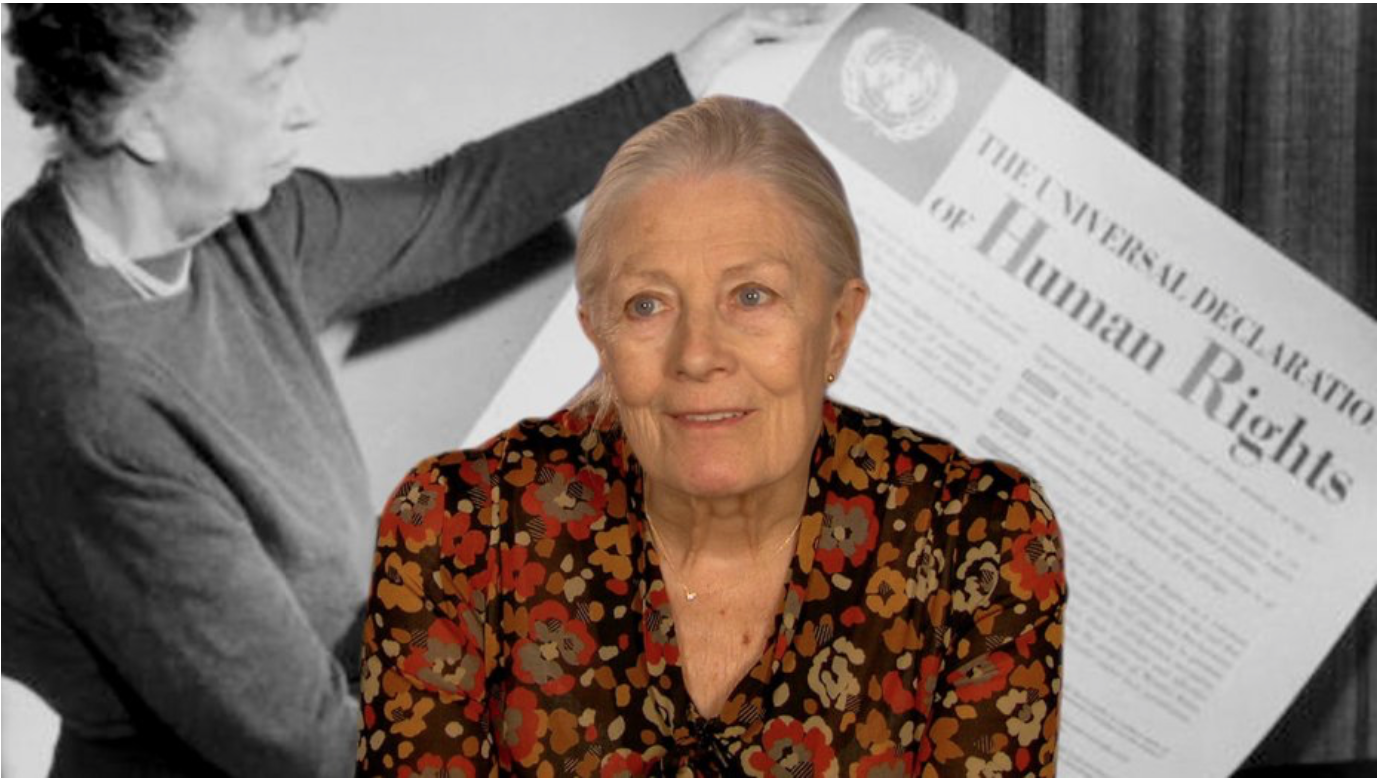
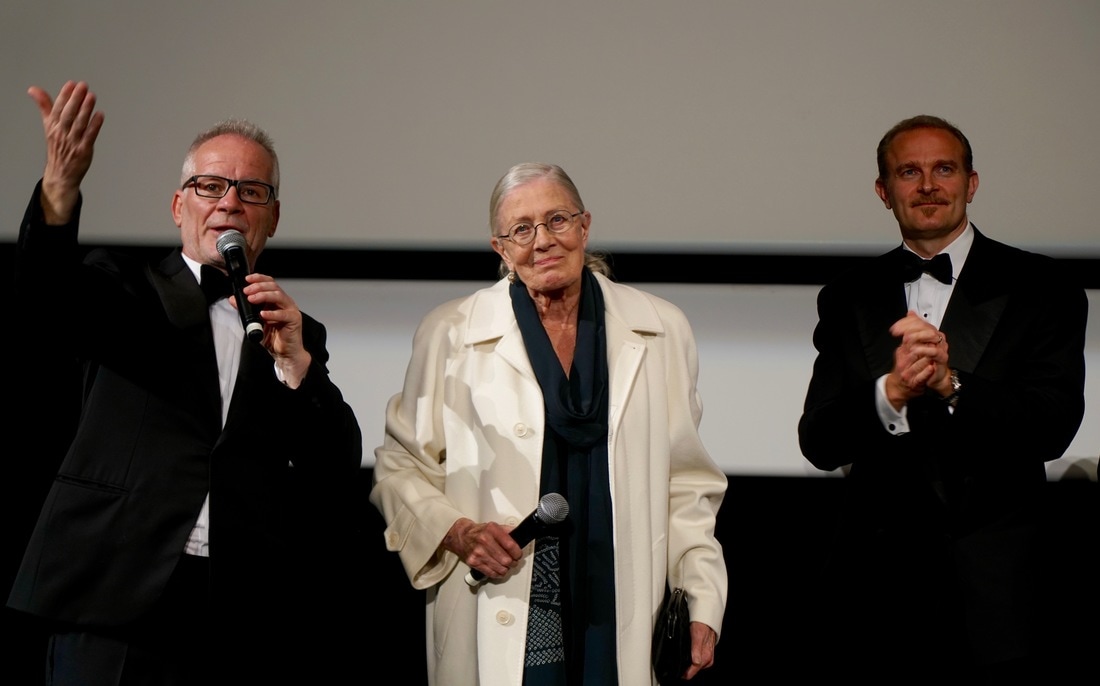
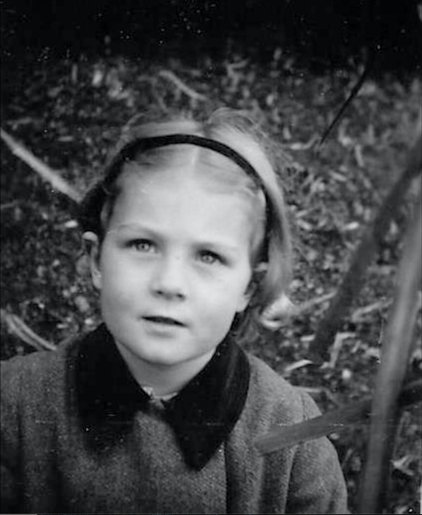
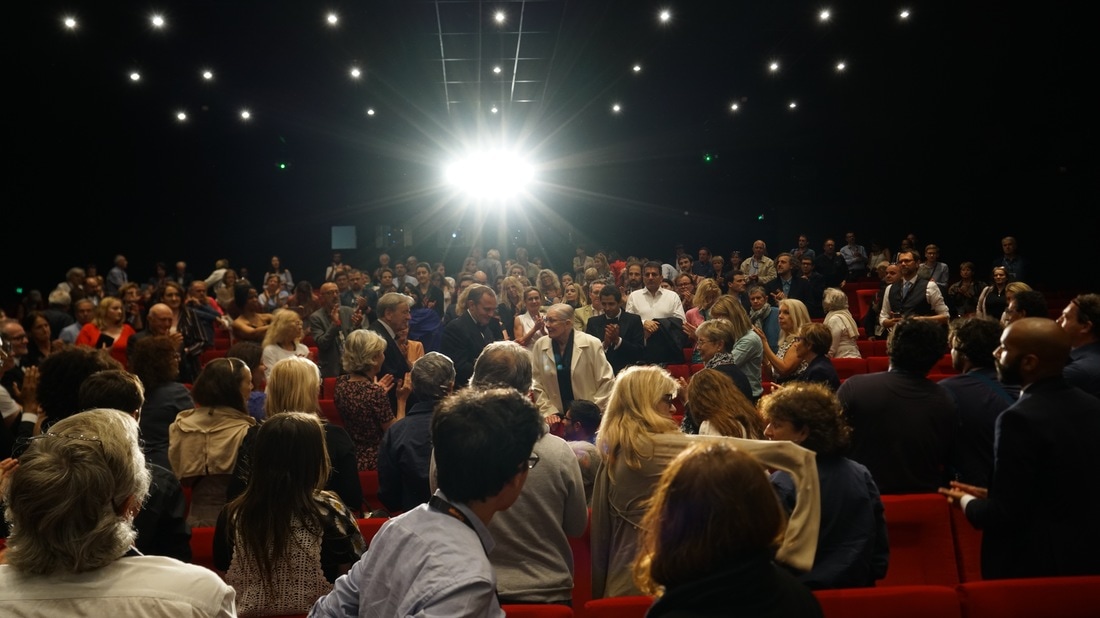
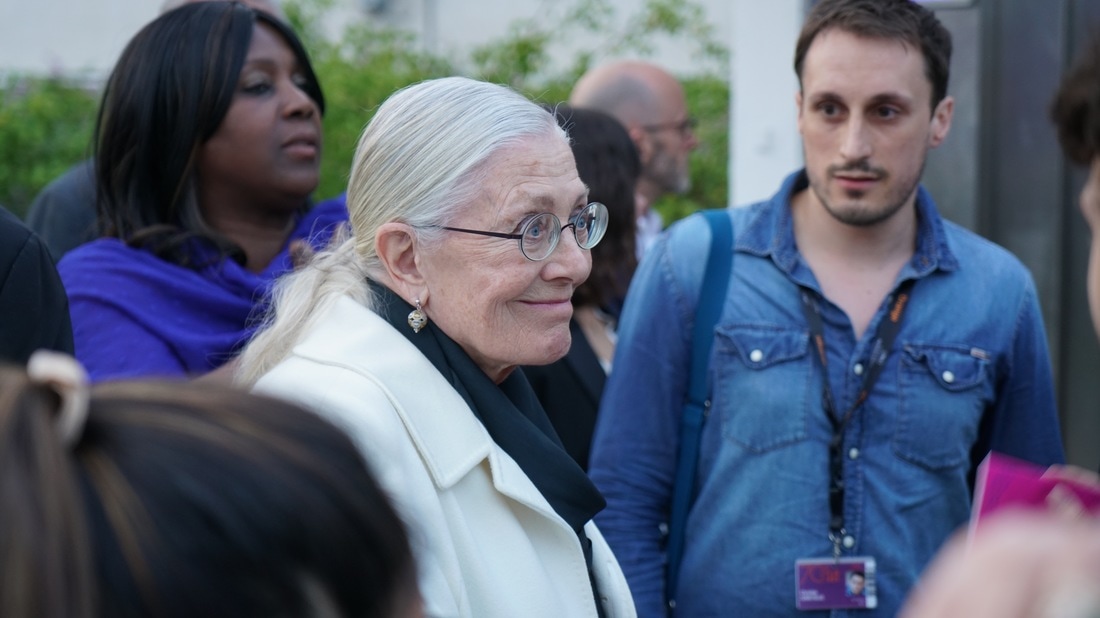
 RSS Feed
RSS Feed